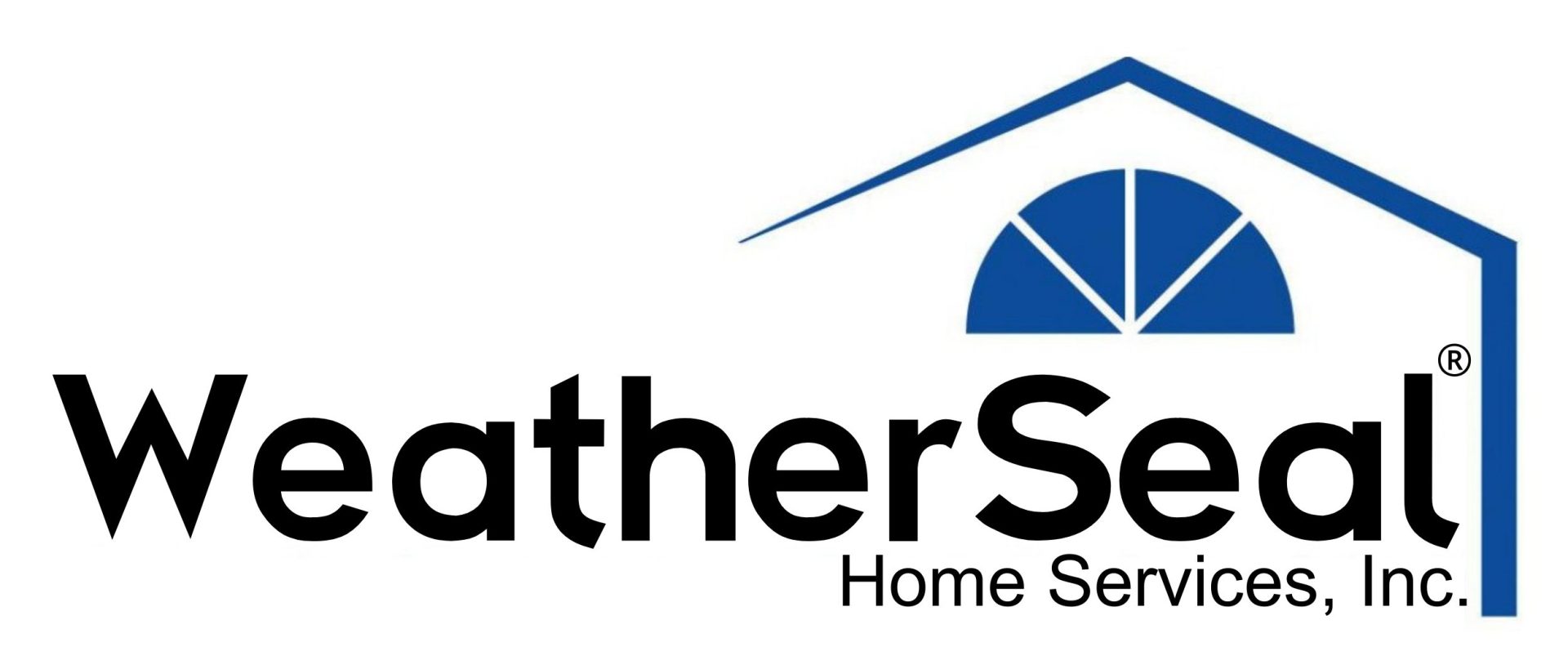When investing in a new roof, understanding the roofing warranty is crucial for protecting your investment. A standard roofing warranty offers peace of mind, ensuring you are covered in defects or issues.
This blog post will explore the different types of warranties, what they cover, their terms, and essential considerations for homeowners. By the end, you’ll be well informed about what to expect from a roofing warranty and how to choose the best one for your needs.
Understanding Roofing Warranties
Roofing warranties are essentially a promise from the manufacturer or installer that the roof will perform as expected for a specified period. These warranties can vary significantly in terms of coverage, duration, and conditions. It’s important to differentiate between the two main types: manufacturer warranties and workmanship warranties.
Manufacturer Warranties
Manufacturer warranties cover defects in roofing materials. These warranties are provided by the company that produces the roofing materials and typically include coverage for issues such as shingle defects, premature aging, and other material failures.
Workmanship Warranties
Workmanship warranties are offered by the contractor or roofing company that installs the roof. These warranties cover installation-related issues, ensuring that the roof is installed according to industry standards. Coverage includes problems arising from poor installation practices, such as leaks or inadequate sealing.
Types of Roofing Warranties
Understanding the different types of roofing warranties is essential for making an informed decision. Learn about standard, extended, and lifetime warranties to choose the best coverage for your roof.
- Standard Manufacturer Warranty
A standard manufacturer warranty, often referred to as a limited warranty, is the most basic type. It typically covers defects in the roofing materials for a specific period, usually ranging from 20 to 50 years. However, the coverage may be prorated, meaning the amount covered decreases over time.
- Extended Manufacturer Warranty
Extended warranties provide more comprehensive coverage than standard warranties. They often include additional benefits, such as covering labor costs for repairs or replacements. Extended warranties may also offer non-prorated coverage, meaning the full value of the warranty remains intact for a longer period.
- Lifetime Warranties
Some manufacturers offer lifetime warranties, which can be appealing to homeowners seeking long-term protection. While the term “lifetime” can vary, these warranties generally provide coverage for as long as the homeowner owns the property. It’s important to read the fine print, as lifetime warranties may have specific conditions and limitations.
What Does a Roofing Warranty Cover?
Roofing warranties cover a range of issues, from material defects to workmanship errors. Knowing what is included helps you protect your investment and ensures your roof performs as expected.
- Material Defects
Material defects are a primary concern covered by manufacturer warranties. These defects can include issues like premature granule loss, cracking, blistering, or curling of shingles. If such defects occur within the warranty period, the manufacturer will typically provide replacement materials.
- Workmanship Errors
Workmanship warranties address installation-related problems. Common issues covered include leaks due to improper sealing, flashing failures, and inadequate ventilation installation. If a problem arises because of poor workmanship, the contractor is responsible for rectifying it.
- Wind and Hail Damage
Some roofing warranties offer limited coverage for wind and hail damage. This coverage is often contingent on the wind speed or hail size and may require additional endorsements or conditions. It’s essential to understand the specific terms to know what is and isn’t covered in these scenarios.
- Algae and Mold Growth
Algae and mold growth can be a concern for roofs in humid climates. Some warranties include coverage for algae resistance, ensuring that shingles remain free from unsightly black streaks. This coverage is typically limited to a certain period and may require specific maintenance practices.
Exclusions and Limitations
Roofing warranties often come with exclusions and limitations. Being aware of these conditions can prevent unexpected costs and ensure you fully understand what is and isn’t covered.
- Improper Maintenance
Most roofing warranties require homeowners to perform regular maintenance. Failure to do so can void the warranty. Regular inspections, cleaning gutters, and addressing minor issues promptly are essential to maintain warranty coverage.
- Acts of Nature
While some warranties cover specific weather-related damage, many exclude coverage for extreme weather events like hurricanes, tornadoes, and earthquakes. Homeowners may need separate insurance policies to cover such events.
- Unauthorized Modifications
Making unauthorized modifications or repairs to the roof can void the warranty. Always use approved materials and follow the manufacturer’s guidelines when making any changes to your roofing system.
- Pre-Existing Conditions
Warranties typically do not cover issues that existed before the installation of the new roof. It’s important to address any underlying problems, such as structural damage or existing leaks, before installing a new roof to ensure full warranty coverage.
How Long Do Roofing Warranties Last?
The duration of roofing warranties varies. Learn about the typical timeframes for standard, extended, and lifetime warranties to choose the right level of protection for your home.
- Duration of Coverage
The duration of roofing warranties varies widely. Standard manufacturer warranties often last 20 to 30 years, while extended and lifetime warranties can offer coverage for 50 years or more. Workmanship warranties are usually shorter, ranging from 5 to 10 years, depending on the contractor.
- Pro-Rated vs. Non-Pro-Rated Warranties
Pro-rated warranties decrease in value over time, meaning the coverage amount reduces as the roof ages. Non-pro-rated warranties maintain their full value throughout the warranty period, providing better long-term protection.
- Transferability
Some roofing warranties are transferable, allowing the new homeowner to benefit from the remaining warranty period if the property is sold. Transferability can add value to your home, but it often requires specific conditions and may involve a transfer fee.
How to Ensure Your Roofing Warranty is Honored
Proper installation, regular maintenance, and understanding the warranty terms are crucial for keeping your roofing warranty valid. Follow these steps to ensure your warranty is honored when needed.
- Proper Installation
Ensuring that your roof is installed by a reputable and certified contractor is crucial. Improper installation can void both manufacturer and workmanship warranties. Always check the contractor’s credentials and references.
- Regular Maintenance
Performing regular maintenance is essential to keep your warranty valid. This includes routine inspections, cleaning debris from the roof and gutters, and addressing minor repairs promptly. Documenting maintenance activities can be helpful if you need to file a warranty claim.
- Understanding Warranty Terms
Read and understand the warranty terms thoroughly. Know what is covered, what is excluded, and the conditions you must meet to maintain coverage. This knowledge can prevent disputes and ensure you receive the benefits you are entitled to.
- Keep Records
Maintain detailed records of your roof installation, including receipts, contracts, and maintenance logs. This documentation can be invaluable if you need to file a warranty claim or transfer the warranty to a new homeowner.
Common Misconceptions About Roofing Warranties
Choosing the right roofing warranty involves assessing your needs, comparing terms, and evaluating contractor reputations. Make an informed decision to ensure long-term protection for your roof.
- All Warranties Are the Same
One common misconception is that all roofing warranties offer the same coverage. In reality, warranties can vary significantly in terms of what they cover, their duration, and their conditions. Always compare warranties carefully before making a decision.
- Lifetime Warranties Cover Everything
While lifetime warranties sound comprehensive, they often come with specific conditions and limitations. It’s important to understand what “lifetime” means in the context of the warranty and what exclusions may apply.
- Warranties Cover All Types of Damage
Roofing warranties typically cover material defects and workmanship errors but may not cover all types of damage, such as those caused by severe weather or lack of maintenance. Additional insurance may be necessary for comprehensive protection.
How to Choose the Right Roofing Warranty
- Assess Your Needs
Consider your specific needs and priorities when choosing a roofing warranty. If you plan to stay in your home for a long time, a lifetime or extended warranty may offer better protection. For short-term plans, a standard warranty might suffice.
- Compare Warranty Terms
Carefully compare the terms of different warranties, including coverage duration, conditions, and exclusions. Look for warranties that offer non-prorated coverage and transferable benefits if those features are important to you.
- Evaluate Contractor Reputation
The reputation and reliability of the contractor are crucial. Choose a contractor with a proven track record of quality workmanship and excellent customer service. A reputable contractor is more likely to honor their workmanship warranty and assist with any manufacturer warranty claims.
The Role of Roof Replacement Services
Roof replacement services play a critical role in the lifespan and performance of your roofing system. A professional roof replacement ensures that the new roof is installed correctly, adhering to manufacturer specifications and industry standards. This proper installation is key to maintaining the validity of your roofing warranty and ensuring long-term protection for your home.
Commercial Roofing Considerations
Commercial roofing systems often come with different warranty requirements and considerations compared to residential roofs. Commercial warranties may cover a broader range of issues due to the complexity and size of the projects.
Commercial property owners need to work with experienced contractors who understand these unique requirements and can provide appropriate warranty coverage.
Roofing Warranties
Understanding the ins and outs of roofing warranties is essential for protecting your investment. By knowing what to look for and what to expect, you can choose the right warranty for your needs and ensure your roof remains in top condition for years to come.
At WeatherSeal Home Services, we are dedicated to providing high-quality roofing solutions backed by comprehensive warranties. Our commitment to excellence and customer satisfaction ensures you receive the best protection and service for your home.
For professional and reliable roofing services, reach out to WeatherSeal Home Services. We are here to provide expert advice and top-notch service for all your home remodeling needs.
Contact us today for a free quote and see why we are the trusted choice for homeowners in northeastern Ohio and western Pennsylvania.








